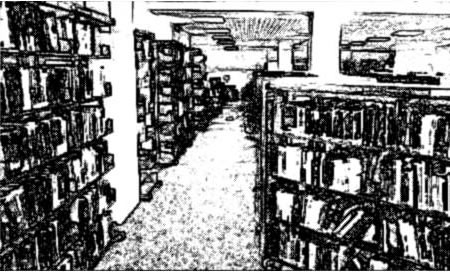After a week in Manchester I spent this week working from home. I took the time to work on the implementation of our HE Sector Strategy and more on our internal communication plan to continue to raise awareness of the strategy.
I wrote up my reflections on the UCISA Conference.
Overall, I enjoyed the conference and found that it exceeded by expectations. Despite being labelled a leadership conference, I was expecting to see and hear much more about the operational side of higher education IT but was pleasantly surprised by how many sessions were on leadership and transformation. I will be planning to attend the UCISA Leadership Conference next year.
I also wrote up about sketching at UCISA 22 with some thoughts about sketches from earlier conferences. My sketch notes are really for me, rather than other people. The process of sketching allows me to digest for myself what is been talked about and demonstrated. The sketch note provides me with a mechanism that provides a process for my interpretation of what is being said and what I understand from the talk.
The process of sketching engages me in the talk in ways in which note taking does for others or conversing on the Twitter. They are not done for other people, if other people find them useful then that’s just a bonus. So if you want some sketch notes for your conference, why not get in touch.

I enjoyed Martin Weller’s blog post on group work.
First up, every student’s favourite way of working – group work!
He is working on a series of blog posts about online learning.
Like many of you I’ve been getting rather exasperated by the “online = bad, face to face = good” narrative that seems to have arisen post-pandemic. So I thought I’d try a series on some of the ways in which online learning can be done effectively. I mean, I know it won’t make any difference, but shouting into the void can be therapeutic. They’ll be a mix of research and my own experience.
I worked on some reports and guides we will be publishing later in the year on the Intelligent Campus and the Intelligent Library. We originally published the guide in 2017. This was at the time well received by the sector and continues to be the core guidance in this space. Since then, universities across the UK have been exploring how they can make their campuses smarter and intelligent. Since the guide was published, there have been many changes to the landscape, as well as the covid-19 pandemic, there have been advances in smart campus technologies, and a new range of use cases. We know from sector intelligence, member voice and Learning and Teaching Reimagined that the future of the campus is an important component when it comes to digital transformation. This has shown the need for Jisc to update their advice and guidance in this area.
Continuing our research into the Intelligent Campus is outlined in Jisc’s HE strategy.
We will continue our research into the intelligent campus, learning spaces and digital platforms, and how these improve a seamless student experience. This includes how digital and physical estates work together so that they are responsive to student journeys and interactions as well as to help universities achieve their net zero targets.
I was interested though (from an FE perspective) to read about Gloucestershire College’s move to ensure that their campuses function on fully renewable energy. They are digging bore holes for a heat exchanger. For a site that is in the heart of the city centre I did think that this was an intriguing solution to moving to net zero.
I wrote a blog post on the duality of digital teaching.
When we talk about online and in-person many of us think of this as a dichotomy, either we are online, or we are in-person. The reality is though as we know, that this can be more of a spectrum, a range of possibilities, with varying depths to which online or digital can be embedded into an in-person experience.
I did think that this Twitter thread on academic presentations was interesting and useful to read on six useful things.
A year ago, a non-academic friend listened to a talk I gave. I thought it went great. My friend disagreed.
She said that academics are experts at making interesting stuff boring—and that we should all take a speech class.
So I did. And here are 6 most useful things I learned.
— Nicholas Coles, PhD (@coles_nicholas_) April 4, 2022
- Practice speaking in your natural voice
- Break up your talk
- Don’t cram in material
- Research the setting
- End early
- Prepare two conclusion statements.
I did like the sixth thing was interesting and useful.
Academic talks often end with a Q&A. But this can mean that the last thing you audience hears is a subpar question or an awkward “No more questions?” You can ensure that things end on a high note if you prep a post-Q&A conclusion.
This is something I am going to start doing in my talks and presentations.
My top tweet this week was this one.
That's nothing, once I nearly ran @JDonOfficial over, in Weston-super-Mare. https://t.co/ncOggqIOO8
— James Clay (@jamesclay) April 3, 2022















